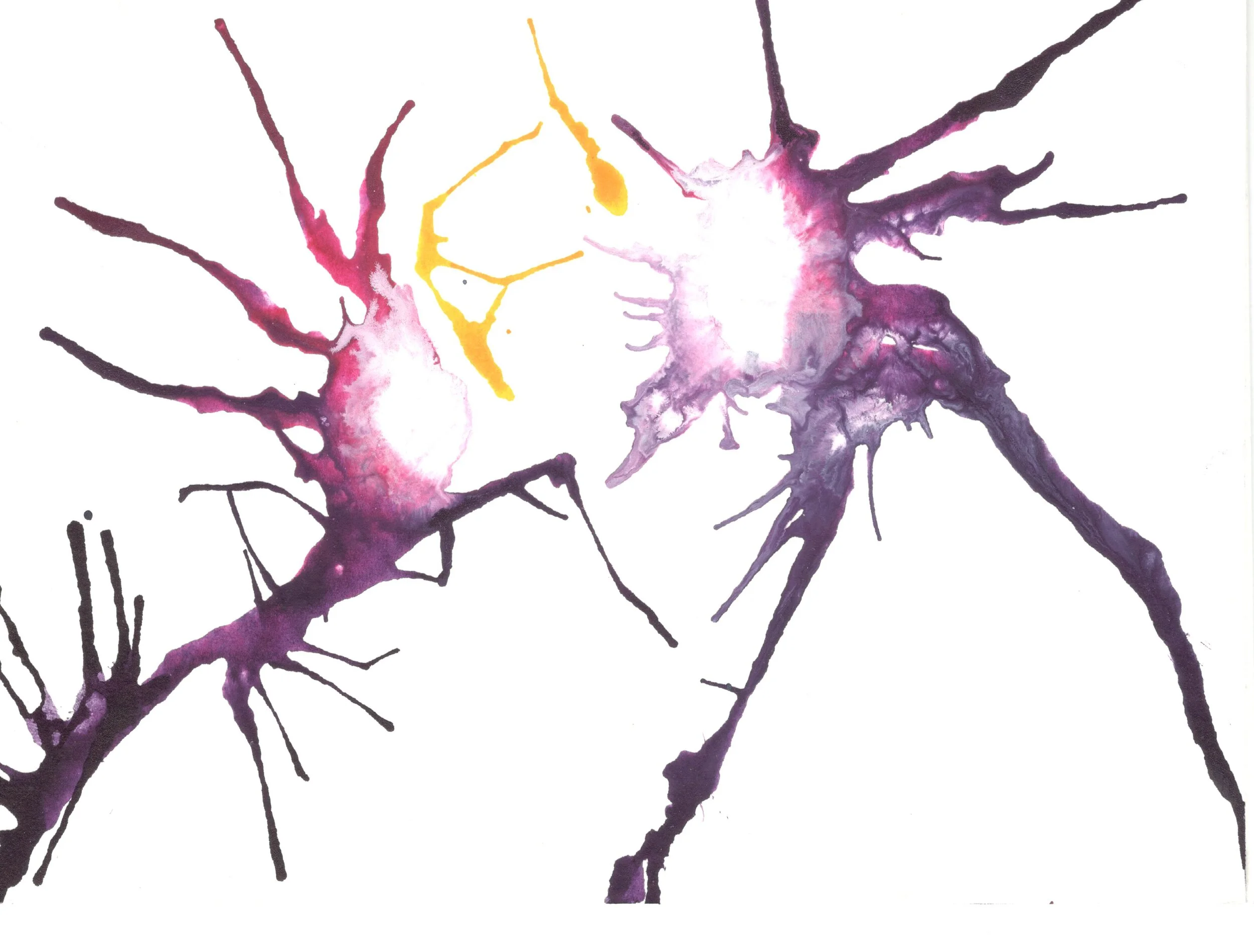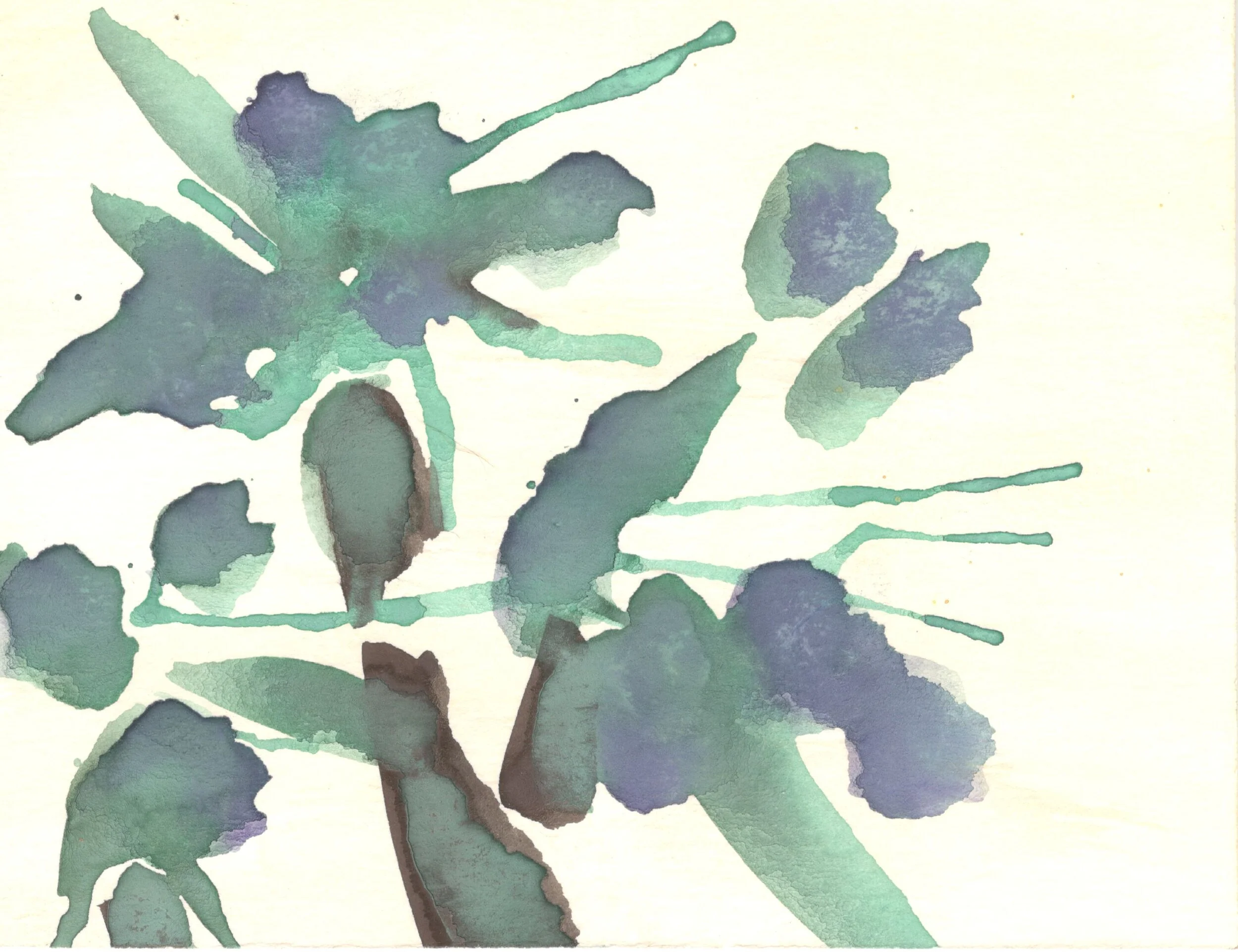Love By Any Other Name
One of the more fascinating things I learned when living abroad is that there is a huge difference between the language I was trying to understand and the culture that dictates how that language is used. For example, in Japanese when someone is talking too much or being annoying people will say the word “urusai” which literally means “noisy” in Japanese. So in that culture, the words noisy and annoying can be summed up in this one word. The first time I heard it in conversation was between two friends. The one said it to let the other know that his jokes had gone far enough, and I thought to myself “why would he tell his friend he was being loud?” After a little bit I came to understand that to most Japanese people the idea of being loud is automatically associated with being annoying, and that is how their culture expresses that idea in their language.
The fact that all of the languages in the world are trying to describe the same human experience has always fascinated me. Language is one of the most fundamental expressions of humanity and our innate desire to share with each other. The phrase “a rose by any other name is still a rose” comes to mind. If someone were to say that only French can capture the true beauty of a rose, we would know they are misguided. Knowing that all languages would use a word, and because of what it is describing, that word would be considered as beautiful as the flower it represents. When spoken of in Chinese or Arabic the rose is no less beautiful, and the words that those cultures use to describe it carry the same gorgeously simple and wondrously elegant meaning.
If language is the human expression of wanting to share with each other, then perhaps religion is the human expression of wanting to know love, or our place in the universe, or God. Along that line of thinking, wouldn’t it be silly to imagine that only one religion was capable of realizing true enlightenment or finding salvation? Perhaps love, like God and the rose, exist beyond our abilities to describe or define them, and all of the different religions, like all of the languages, are simply doing their best, or getting as close as they can.
So the idea that only one religion has found the true path or process of enlightenment is as possible to being true as only one language being able to truly describe love. It seems odd to me that we would, for even a moment, believe ourselves capable of knowing if someone else is spiritually fulfilled or has found anything other than what they say. Why bother dissecting a brother or sister’s attempt at finding peace? My own path deserves my full attention and concerning myself with other people’s beliefs is a waste of my time, and a chance to show love and support to a fellow traveler trying to do the best they can. Being right is horribly overrated, and the beauty of humanity is lost in its pursuit.
Maybe the best applications of organized religions are to use them as a mirror of sorts and look to see why it is we have expressed our desire for the infinite in that particular way. Like the use of the Japanese word “urusai” and how its use says more than the word itself, perhaps we can learn more about how we have been interpreting our pursuit of God, and let go of who it is we have been told God must be while doing it. Do we really have the arrogance to assume that we are capable of understanding the All that Is? Let alone the exclusive understanding of it?
Perhaps we would be better served focusing on the love that we all share, and not the religious details that could very well be a cultural expression and have nothing to do with the kindness, compassion and true beauty we all use religions to try and find.

